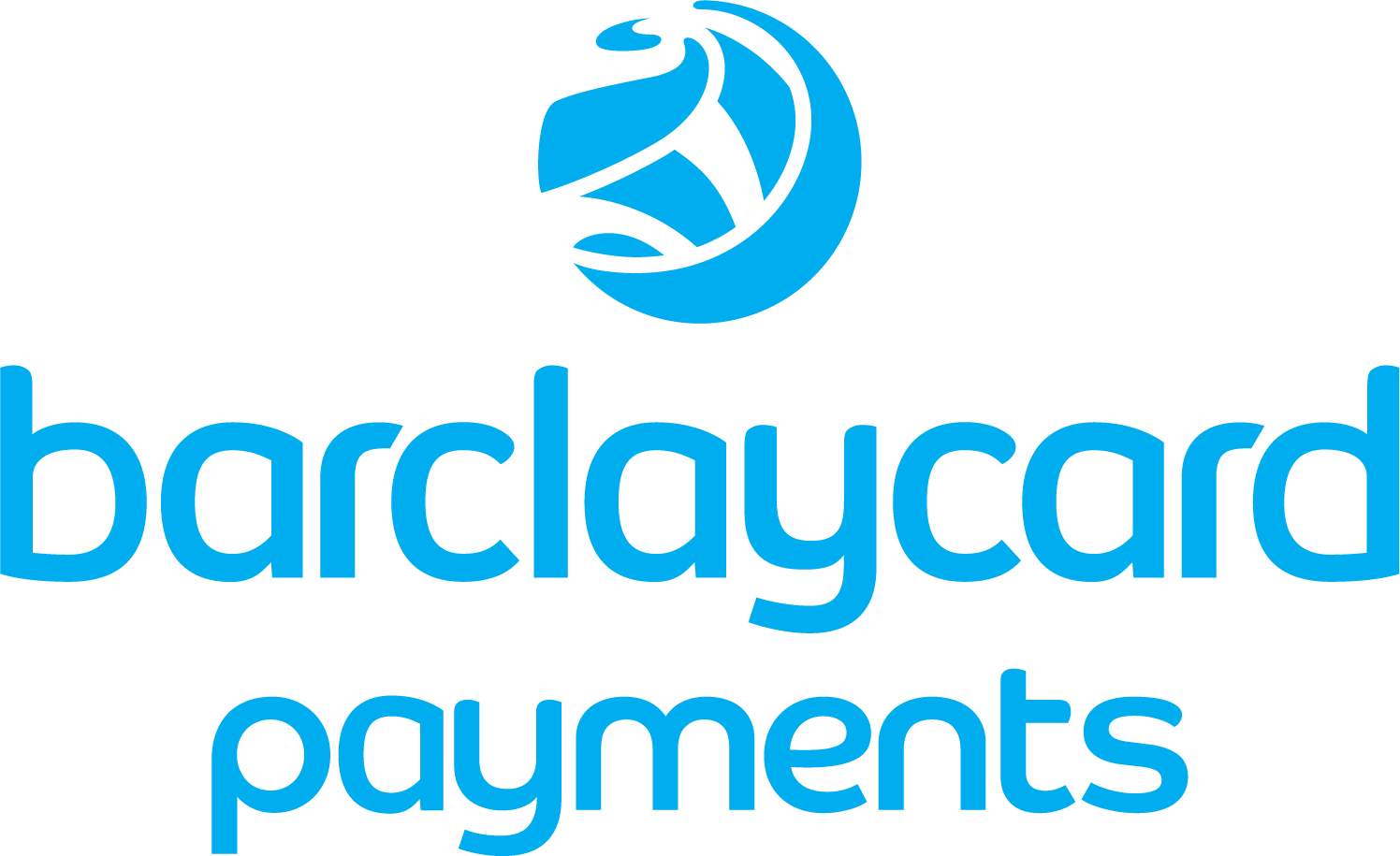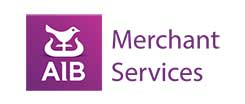- Accept card payments – lowest rates from 0.27%
- Keep your card processing fees to a minimum
- Direct access to the UK’s leading card processing banks
- We ensure your rates always remain competitive
No spam emails or calls
Choose from the payment methods then click Next
What's your turnover each month?
Enter the name of your company
Enter your company's postcode and contact number






The Essential Guide to Types of Payment Gateway and Their Functions
In today’s digital-first world, the ability to accept payments seamlessly and securely is a cornerstone of any successful online business. Whether you’re running an online store or managing a subscription-based service, choosing the right payment gateway is critical to ensuring smooth online transactions and a positive customer experience. This guide will explore the types of payment gateway, their functions, and how they can help your business thrive in the competitive UK market.
What is a Payment Gateway?
A payment gateway is a technology that facilitates the payment process by acting as an intermediary between a merchant’s website and the financial institutions involved in the transaction. It securely transmits customer payment details, such as credit card information, to the payment processor for authorization. Once the transaction is approved, the funds are transferred to the merchant’s account.
The payment gateway plays a vital role in ensuring the security and efficiency of online payments. It encrypts sensitive payment data to protect it from fraud and ensures compliance with PCI compliance standards set by the Payment Card Industry.
Definition and Importance
A payment gateway is a technological platform that enables businesses to accept payments from customers through various electronic payment methods, such as credit or debit cards, mobile wallets, and online banking. Acting as an intermediary between the merchant’s website and the financial institutions that process the transactions, a payment gateway ensures that the entire payment process is secure and efficient.
The importance of a payment gateway lies in its ability to provide a secure, efficient, and convenient way for customers to make payments online. By encrypting sensitive payment information and ensuring compliance with industry standards, a payment gateway protects both the merchant and the customer from potential fraud and data breaches. Additionally, it streamlines the payment process, reducing the likelihood of abandoned carts and enhancing the overall customer experience.
How Payment Gateways Work
Understanding how online payment gateways work is essential for choosing the right solution for your business. Here’s a step-by-step breakdown of the entire payment process:
- Customer Initiates Payment: The customer selects their preferred payment methods (e.g., credit card, Apple Pay, or Google Pay) and enters their payment details on the checkout page.
- Data Encryption: The payment gateway encrypts the customer payment data and sends it to the payment processor.
- Authorization Request: The payment processor forwards the transaction details to the customer’s bank for approval.
- Transaction Approval: The bank checks the customer’s account for sufficient funds and verifies the payment details.
- Confirmation: Once approved, the payment gateway sends a confirmation to the merchant and the customer, completing the payment process.
Payment Gateway Functions
A payment gateway performs several critical functions to facilitate online transactions. These functions include:
Payment Processing and Security
Payment processing and security are the core functions of a payment gateway. The payment gateway collects payment details from the customer, encrypts the information, and transmits it to the payment processor for authorization.
How Payment Processing Works
The payment processing process involves several steps:
-
The customer initiates a payment by entering their payment details on the merchant’s website.
-
The payment gateway collects the payment details and encrypts the information to prevent unauthorized access.
-
The encrypted payment details are transmitted to the payment processor for authorization.
-
The payment processor verifies the payment details and checks for sufficient funds in the customer’s account.
-
If the payment is authorized, the payment processor sends a response back to the payment gateway, which then notifies the merchant of the successful transaction.
Importance of Payment Security
Payment security is a critical aspect of online transactions. A payment gateway must ensure that sensitive payment information is protected from unauthorized access and data breaches. The payment gateway uses various security measures, such as encryption, tokenization, and fraud detection algorithms, to prevent fraudulent transactions and protect customer data.
In addition to payment processing and security, a payment gateway also provides other functions, such as:
-
Payment method support: A payment gateway supports various payment methods, including credit and debit cards, mobile wallets, and online banking.
-
Currency conversion: A payment gateway can convert currencies in real-time, enabling merchants to accept payments in multiple currencies.
-
Recurring payments: A payment gateway can handle recurring payments, such as subscription-based services and membership fees.
-
Reporting and analytics: A payment gateway provides reporting and analytics tools to help merchants track their transactions and optimize their payment processes.
Overall, a payment gateway plays a critical role in facilitating online transactions and providing a secure and convenient way for customers to make payments.
Key Features to Look for in a Payment Gateway
When selecting the best payment gateway providers, consider the following features and understand the different types of payment gateways available:
- Security Measures: Ensure the gateway complies with PCI compliance standards and offers robust fraud prevention tools.
- Multiple Payment Methods: The ability to accept credit and debit cards, Apple Pay, Google Pay, and other preferred payment methods.
- Support for Multiple Currencies: Essential for businesses processing international payments.
- Recurring Payments: Ideal for subscription-based services.
- Local Bank Integration: Reduces transaction fees and supports local payment methods.
- Transaction Fees: Compare setup fees, monthly fees, and per-transaction costs to find the cheapest payment gateway for your needs.
Benefits of Using a Payment Gateway
- Enhanced Security: A secure payment gateway protects customer data and reduces the risk of fraud.
- Improved Customer Experience: Offering multiple payment options and a seamless checkout page can boost customer satisfaction.
- Faster Processing: Streamlines the payment process, enabling quicker access to funds.
- Global Reach: Supports international payments and multiple currencies, helping you expand your business globally.
Choosing the Right Payment Gateway for Your Business
Selecting the right payment gateway depends on your business model, target audience, and technical capabilities. Here are some tips to help you decide:
- Assess Your Needs: Determine whether you need a hosted payment gateway, self-hosted payment gateway, or API hosted payment gateway.
- Compare Costs: Look at setup fees, monthly fees, and transaction fees to find a solution that fits your budget.
- Check Compatibility: Ensure the gateway integrates with your online store and supports your preferred payment methods.
- Evaluate Security: Choose a payment gateway provider that prioritizes security measures and complies with PCI compliance standards.
Popular Payment Gateway Providers in the UK
Here are some of the best payment gateway providers in the UK:
- Stripe: Known for its API hosted payment gateway and support for multiple payment methods.
- PayPal: A popular hosted payment gateway with global reach.
- Adyen: Offers a local bank integration gateway and supports international payments.
- Worldpay: Provides a wide range of payment services and robust security measures.
In-Depth Analysis of Payment Gateway Types
Hosted Payment Gateway
A hosted payment gateway is ideal for businesses that want a hassle-free solution. Since the payment service provider handles the payment page, businesses don’t need to worry about PCI compliance or security measures. However, redirecting customers to an external site can disrupt the user experience.
Self-Hosted Payment Gateways
Self-hosted payment gateways give businesses full control over the checkout page, allowing for a branded and seamless experience. However, they require technical expertise and strict adherence to PCI compliance standards.
API Hosted Payment Gateway
An API hosted payment gateway is perfect for businesses that want a customizable solution. It allows for seamless integration with your website or app, ensuring a smooth payment process without redirecting customers.
Local Bank Integration Gateway
A local bank integration gateway is particularly useful for UK-based businesses that want to reduce transaction fees and offer local payment methods. It connects directly with UK banks, ensuring faster processing times and lower costs.
5. Redirect Payment Gateway
A redirect payment gateway is a type of payment gateway that redirects customers to a third-party payment service provider to securely process the transaction. This type of payment gateway is often used by online marketplaces and e-commerce platforms that do not want to handle sensitive payment information themselves.
The redirect payment gateway provides a secure and convenient way for customers to make payments, while also reducing the risk of fraud and data breaches for the merchant. By outsourcing the payment process to a trusted payment service provider, businesses can focus on their core operations without worrying about the complexities of payment security and compliance. Examples of redirect payment gateways include PayPal and Worldpay.
Technical Aspects of Payment Gateways
Integration with E-commerce Platforms
Most payment gateway providers offer plugins or APIs for popular e-commerce platform s like Shopify, WooCommerce, and Magento. This makes it easy to integrate the payment gateway into your online store.
PCI Compliance
PCI compliance is a set of security standards designed to protect payment data. Businesses that handle credit card payments must comply with these standards to ensure the security of customer payment details.
Security Measures
A secure payment gateway uses encryption and tokenization to protect payment data. It also includes fraud prevention tools like address verification and 3D Secure authentication.
Industry Trends and Future of Payment Gateways
Rise of Digital Wallets
Digital wallets like Apple Pay and Google Pay are becoming increasingly popular. These payment methods offer a fast and secure way to process online payments.
Blockchain and Cryptocurrency
Blockchain technology and cryptocurrencies are poised to revolutionize the payment processing system. They offer faster, cheaper, and more secure transactions.
AI and Machine Learning
AI and machine learning are being used to enhance fraud prevention and improve the payment process. These technologies can analyze payment transactions in real-time to detect and prevent fraud.
Regional Focus: Payment Gateways in the UK
Local Payment Methods
UK-based businesses should consider offering local payment methods like Faster Payments and BACS. These methods are popular among UK customers and can help reduce transaction fees.
Local Bank Integration
A local bank integration gateway can help UK businesses save on transaction fees and improve processing times. It connects directly with UK banks, ensuring faster and cheaper transactions.
UK Market Statistics
The UK is one of the largest e-commerce markets in the world, with online payments accounting for a significant portion of retail sales. Businesses that offer multiple payment options and a seamless checkout page are more likely to succeed in this competitive market.
Cost Analysis
Setup Fees
Some payment gateway providers charge setup fees to cover the cost of integrating the gateway into your online store. These fees can range from £0 to £500.
Monthly Fees
Many payment gateway providers charge monthly fees to cover the cost of maintaining the service. These fees can range from £10 to £100 per month.
Transaction Fees
Transaction fees are charged on each transaction processed through the payment gateway. These fees typically range from 1% to 3% of the transaction amount.
Customer Experience and Payment Options
Multiple Payment Methods
Offering multiple payment methods can improve customer satisfaction and increase conversion rates. Popular payment methods include credit and debit cards, Apple Pay, Google Pay, and local payment methods.
Seamless Checkout Page
A seamless checkout page is essential for providing a positive customer experience. It should be easy to use, mobile-friendly, and secure.
Legal and Compliance Considerations
PCI Compliance
Businesses that handle credit card payments must comply with PCI compliance standards. These standards are designed to protect payment data and reduce the risk of fraud.
Data Protection Laws
UK businesses must comply with data protection laws like the General Data Protection Regulation (GDPR). These laws regulate how businesses collect, store, and use customer data.
Case Studies and Success Stories
Case Study 1: Small Business Success
A small UK-based business increased its revenue by 20% after switching to a local bank integration gateway. The new gateway reduced transaction fees and improved processing times.
Case Study 2: E-commerce Growth
An e-commerce store saw a 30% increase in sales after offering multiple payment options, including Apple Pay and Google Pay.
FAQs About Payment Gateways
What is the difference between a payment gateway and a payment processor?
A payment gateway facilitates the payment process by transmitting payment details to the payment processor, which handles the actual transaction.
How do payment gateways work for international payments?
Payment gateways support international payments by converting currencies and processing transactions through global networks.
What are the benefits of using a local bank integration gateway?
A local bank integration gateway reduces transaction fees and supports local payment methods, making it ideal for UK-based businesses.
Choosing the right payment gateway is a crucial decision for any business looking to accept payments online. By understanding the types of payment gateway and their functions, you can select a solution that meets your needs and enhances the payment process for your customers. Whether you opt for a hosted payment gateway, self-hosted payment gateway, or API hosted payment gateway, prioritize security, compatibility, and cost-effectiveness to ensure long-term success.
With the right payment gateway providers, you can streamline processing payments, offer multiple payment options, and provide a secure and seamless experience for your customers. Start exploring your options today and take your business to the next level!